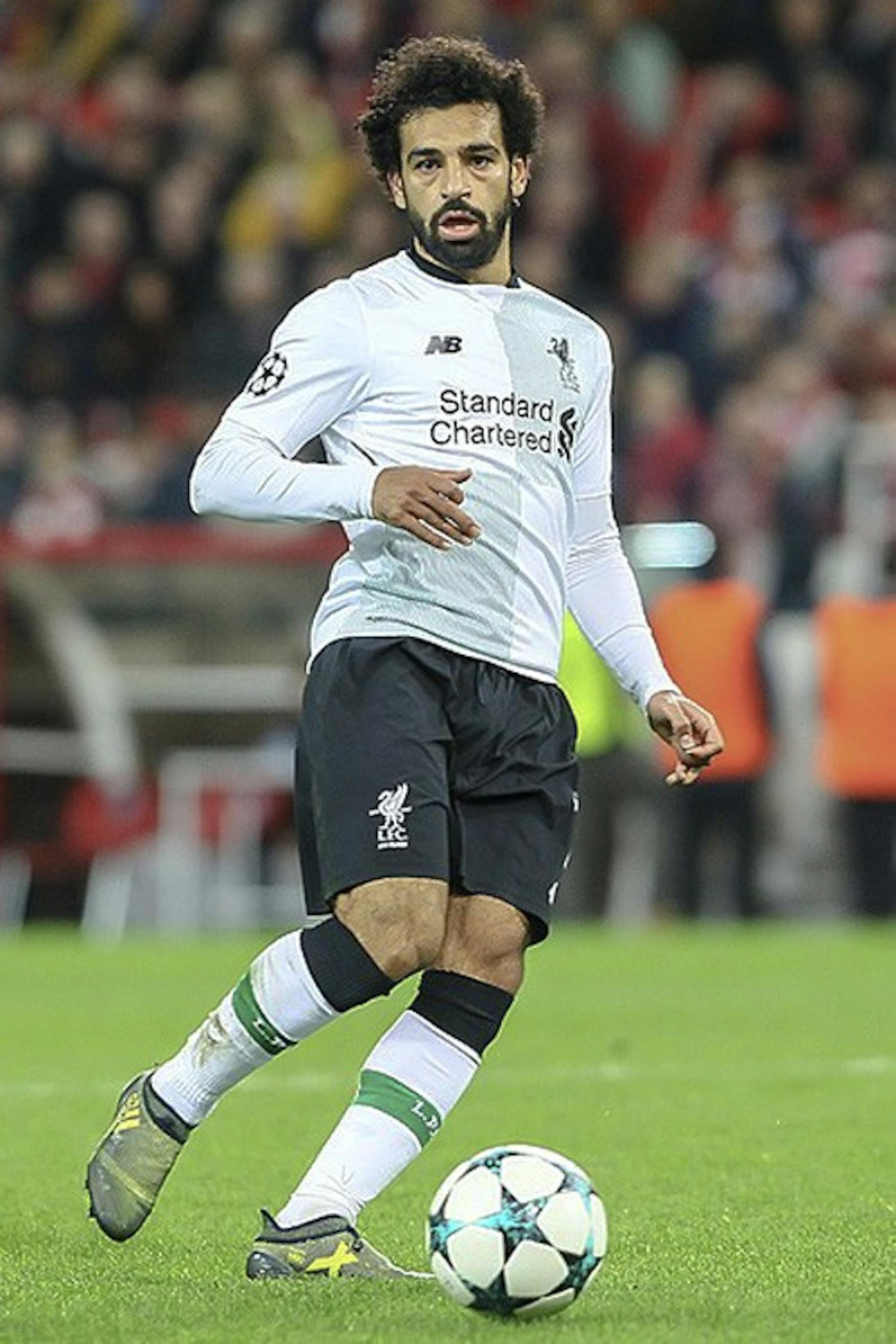EPL teams meet in Champions League
For the first time in four years, two English teams have progressed to the quarter-finals of the UEFA Champions League — and they’ve been drawn against each other. Liverpool and Manchester City, the Premier League’s two offensive titans, will face off in what promises to be the most exciting matchup of the round.
Manchester City, driven by the creative genius of Kevin De Bruyne and David Silva along with the attacking talents of Sergio Aguero, Raheem Sterling and Leroy Sané, are the favorites to win this fixture. They’ve had a tremendous season, sweeping aside all domestic and foreign competition with apparent ease and scoring for fun along the way. Pep Guardiola’s signature possession-oriented style seems to have finally clicked with the team this season; most of their opponents are lucky to manage two clear chances in a game.
Meanwhile, Liverpool continues to struggle for consistency, crushing strong teams one week only to pathetically roll over against relegation candidates the next. Defensively, they remain weak. Virgil van Dijk is only beginning to settle into the back line, and while Karius has finally replaced Mignolet as the first-choice goalkeeper, he’s still not good enough for a team with title ambitions. Yet two key Liverpool figures can propel the side to success against City: forward Mohamed Salah and manager Jürgen Klopp.
Salah has been a revelation since joining from Roma last summer, scoring an incredible 28 goals in 30 league games. Blessed with astonishing dribbling ability and packing a surprising amount of strength, “The Pharaoh” frequently resembles Messi as he dances around four or five defenders before unfailingly hitting the back of the net. Playing on the right of a three-man offense, he has developed an instinctive attacking partnership with Roberto Firmino and Sadio Mané. Even Manchester City have not found a way to keep him out.
Klopp poses an even deeper problem for Manchester City. In the past, Guardiola’s teams have been unplayable in possession but vulnerable when forced to absorb pressure. The unbelievable success of Guardiola’s main tactic has allowed him to get away without developing a reliable alternative — but this has led to defeats against strong, organized teams accustomed to playing on the counter attack: Chelsea in 2012, Real Madrid in 2014 and Barcelona in 2016. No manager has capitalized on this weakness more successfully than Jürgen Klopp. In the 12 meetings between the two managers, Klopp has emerged victorious in six of them, despite the greater talent available to Guardiola’s sides.
The secret to Klopp’s success is the coaching style he developed while managing Borussia Dortmund. Rather than building attacks slowly and maintaining possession for the entire game, Klopp’s team aggressively closes down the opposition throughout the pitch, forcing them to give away the ball and allowing the forwards to score before the defense has a chance to reorganize. At Dortmund, this technique worked perfectly against Guardiola’s Bayern Munich — the central midfielders were never given enough time or space to spread the ball out wide, stalling the offense.
Now, with Klopp at Liverpool and Guardiola at City, the dynamic has continued, exemplified most recently by the the exciting clash between the two sides in mid-January in which Liverpool repeatedly dispossessed City’s midfield and poured forward to outnumber the unprotected defense. Liverpool won the game 4-3, but in truth, it should have been 6-1.
Admittedly, Liverpool might implode and permit a repeat performance of their 5-0 thrashing by City last fall. But Guardiola cannot rely on Liverpool’s inconsistency. He must come up with a counter-attacking strategy to exploit Liverpool’s defensive weaknesses — and he must do it soon.




Please note All comments are eligible for publication in The Justice.